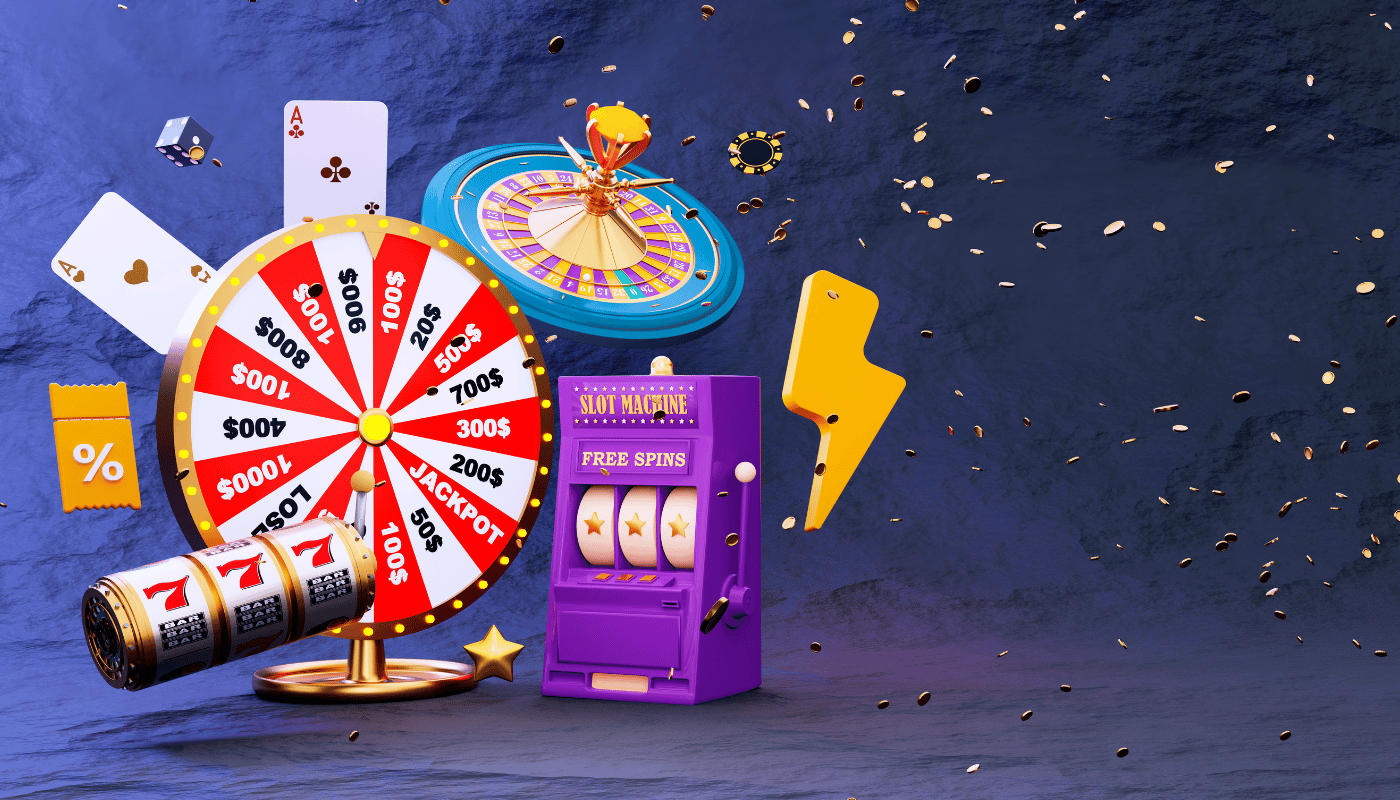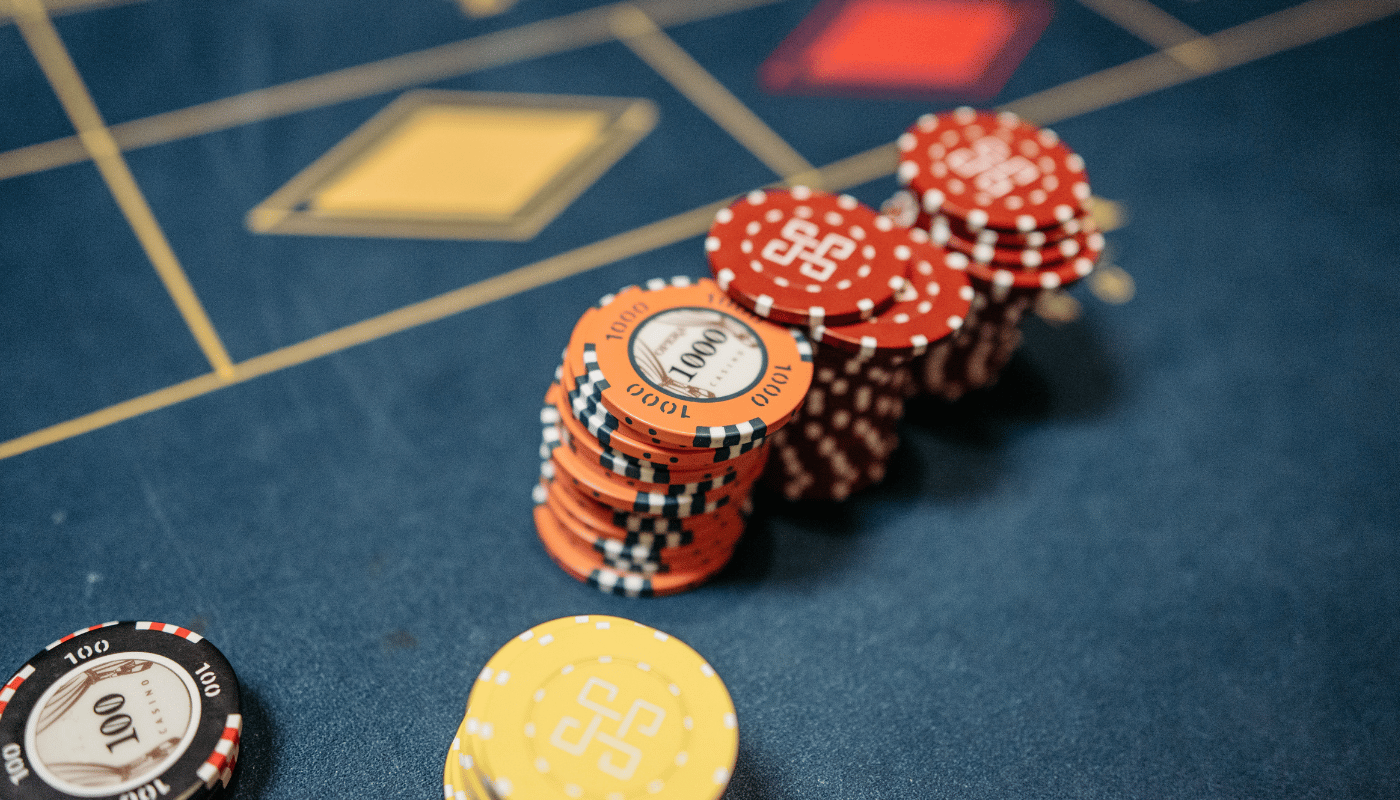While Solitaire has been played in some capacity since the 18th century, its popularity as a single player card game took off in Europe first and then later made its way to the United States where it could be enjoyed using just a standard deck of cards. Its roots can be traced back to France where the game was first nicknamed ‘Patience’ and was traditionally seen as a means of improving focus and strategy instead of being a competitive or gambling endeavor.
With the emergence of civilization as we know them, Casinos started appearing and later became hubs of entertainment. It was during this time that the association of gambling with Solitaire started emerging. Because Solo was originally a game for personal use, developers sanctioned the idea of different variants to assist with gambling and added modifications to align it with popular casino standards.
A pivotal factor in Solitaire’s casino adaptation is its blend of skill and chance. For instance, the game’s reliance on card arrangement and strategic planning appeals to those who enjoy analytical challenges, while the random shuffle introduces an element of unpredictability akin to classic casino games. This dual nature has made Solitaire a unique candidate for gambling contexts.
Understanding is solitaire a casino game involves examining its transformation from a simple card game into a gambling option. Some argue that its solitary nature clashes with the communal experience of casino gaming, yet its variations and flexibility have found niche popularity in certain venues. As casinos continue to innovate, Solitaire remains a topic of interest for its potential role in gambling entertainment.
Variants of Solitaire Played in Casinos
Solitaire, traditionally a solo game of strategy and patience, has been adapted into several exciting casino variations. These gambling-specific versions often include new rules and mechanics designed to add elements of betting and competitive play. While not as widespread as poker or blackjack, Solitaire games in casinos appeal to a niche audience that enjoys its blend of skill and chance.
Casino versions of Solitaire are typically tailored to ensure faster gameplay and introduce monetary stakes. This innovation not only attracts seasoned players but also intrigues casual gamblers looking for something different. Below are some notable variations of Solitaire that have found their way into casino gaming:
- Pyramid Solitaire – A gambling variation where players bet on their ability to clear a pyramid of cards by pairing them to a total of 13.
- Klondike Solitaire – The classic Solitaire game modified with a points system that allows for betting based on the number of cards moved to the foundation piles.
- Vegas Solitaire – A popular adaptation where players wager on each draw of the deck, with the aim to score more than their initial bet.
- Spider Solitaire – Adapted for casino play, Spider Solitaire includes betting mechanisms where players earn points for successfully clearing columns.
- FreeCell Solitaire – A strategy-heavy variation where bets are placed on the completion of the game within a time limit.
These variants showcase the versatility of Solitaire, proving its ability to engage casino audiences with its mix of chance and calculated strategy.
After exploring these variations, it’s evident that Solitaire has carved a unique space within the world of gambling. Unlike traditional casino games that rely heavily on chance, many Solitaire variations reward players for their decision-making skills, offering a fresh experience to those seeking an intellectual challenge.
Despite its limited presence in mainstream gambling establishments, the inclusion of Solitaire in casinos highlights the industry’s continuous effort to diversify its offerings. By introducing games that deviate from the norm, casinos aim to cater to a broader demographic, appealing to both traditional gamblers and enthusiasts of classic card games.
House Rules: How Casinos Adapt Solitaire
Casinos often modify traditional games to make them more suitable for gambling, and Solitaire is no exception. These adaptations are designed to balance player enjoyment with profitability for the house. While the core mechanics of Solitaire remain intact, slight rule changes can significantly alter the game’s dynamics when played in a gambling setting.
One of the key adjustments in casino Solitaire involves the introduction of betting structures. In most cases, players place wagers before the game begins, and payouts are determined based on the speed and accuracy of completing the game. Casinos may also impose time limits to increase the pressure on players, adding a layer of excitement and urgency to what is typically a relaxed, solitary experience.
Common Casino Modifications to Solitaire
Another significant adaptation is the use of modified scoring systems. In traditional Solitaire, success is measured by moving all cards into the foundation piles. In casino variations, points may be awarded for specific actions, such as clearing a card stack or completing a suit within a given number of moves. These point-based systems are designed to create a competitive environment, where players are incentivized to strategize carefully to maximize their scores.
Additionally, casinos may limit the number of re-deals allowed per game. While traditional Solitaire often allows unlimited re-deals, gambling versions may permit only one or two, increasing the stakes for each move. This restriction not only raises the game’s difficulty but also ensures a quicker turnaround, allowing casinos to accommodate more players.
The house edge in casino Solitaire is carefully calculated to ensure profitability. By implementing these changes, casinos create a version of the game that is engaging for players while still offering a reliable revenue stream. The adaptability of Solitaire makes it a unique addition to the casino environment, as it appeals to those seeking a mix of strategy and chance.
Understanding is solitaire a casino game also involves recognizing how these rule changes shape the player experience. From timed challenges to limited re-deals, the modifications demonstrate the game’s potential to thrive in gambling settings while retaining its core appeal.
Skill vs. Chance: The Debate in Solitaire Gambling
The gameplay features of Solitaire have remained the center of continuing arguments: is it mainly an act of skill or an act of chance? This dialogue is consequential considering its application on gambling. Realizing how one sustains the equilibrium between both aspects aids one to appreciate the nuances dear to Solitaire’s presence among casinos in the first place.
There is no question that Solitaire requires much thought and mental effort. These are just some of the indicators that make it appear as though it is a skill based game. This is explicitly the case in variations such as FreeCell, where every card is uncovered from the beginning and the game is completely won or lost depending on the player’s moves.
Nonetheless, the chance factor cannot be completely ignored because cards are shuffled at random to kick off the game. Irrespective of a player’s capabilities, a poor card setup will always spell trouble. When there are gambling elements involved in the game, the shuffling of the cards is more aggressive to add to the randomness. This guarantees that no game is like another.
| Aspect | Skill-Based Arguments | Chance-Based Arguments |
| Strategic Planning | Players must make calculated moves to maximize success. | The order of the shuffled deck heavily influences outcomes. |
| Decision-Making | Success depends on how effectively players use available options. | Limited control over card sequence impacts choices. |
| Replayability | Offers opportunities to improve through practice and strategy. | Random shuffles ensure varied experiences each time. |
| Casino Adaptations | Time limits and point systems reward strategic thinking. | Increased randomness balances skill and luck. |
Gambling games often combine the elements of skill and chance, and Solitare is not an exception. It is important for each player to think critically while relying on the luck of the draw. This makes it appealing to nefarious players as well as those who prefer strategic gameplay.
Despite its complexity, Solitaire remains accessible to casual players. This makes it a strong candidate for casinos wishing to expand their offerings. With both skill and chance derived components incorporated, Solitaire provides a balanced gaming experience catering to diverse preferences.
Solitaire is a classic game that is well known for being a harmless card game. This makes its transition into a gambling game particularly complicated as it raises both the legal and ethical questions, Risky business, eh? Because of these questions and many others rising from the controversy, it is crucial to evaluate the already existing regulations alongside the morals associated with gambling and casinos. These factors are critical to understand for both players and those who wish to operate in the game of solitaire in the realm of gambling.
Gambling Solitaire Legal Status Canada
The legality of offering Solitaire in the casinos differs regionwise. Some jurisdictions have defined laws regarding gambling that stipulate specific games allowed in casinos and complexity games like Solitaire are usually left out. However, Solitaire is more likely to be accepted in areas that allow skill-based gambling due to the game’s strategic nature. In such instances, ratification of the license by the operators does allow other rules to come into play regarding, for example, payouts, odds, and other forms of transparency.
For instance, in the United States, one gets to witness a stark divergence of laws across the states with Nevada being considered as ‘too liberal’ with their gambling policies and other states not quite as flexible which makes it hard to work out rules around solitaire. Within the rest of the world, there are certain disparities, with the UK and Australia being far less stringent and permitting a wider array of choice to their constituents than certain parts of Asia and the Middle East.
Altering Solitaire from its classic form into a gambling game does bring forth ethical implications, particularly regarding its effects on players. Detractors claim that changing a non-gambling game to involve monetary investments can be risky, especially to those susceptible to gambling. This concern forms a valid argument, compounded further by the complexity involved with beginners playing Solitaire who are often ignorant of how challenging the game actually is.
However, supporters of Solitaire as an entertainment product in casinos claim that it will enhance the overall offering in a more fun way. Operators are in a position to resolve some of the ethical questions by incorporating responsible gambling measures such as spending limits and educational tools, without compromising the attractiveness of the game.
Understanding is solitaire a casino game requires examining its legal and ethical dimensions. These considerations not only influence its acceptance in the gambling world but also shape the perceptions of players and regulators alike.
Player Experiences: Stories and Insights from Solitaire Gamblers
Here’s a new way of looking at the game of solitaire, which is considered a personal and tactical card game. Even its inclusion in casinos has given gamblers something different and fascinating. The accounts of persons who took on the challenge of Solitaire gambling are a mix of reasons, problems, and solutions. This makes us understand why such an unconventional game is highly rated in the gambling world.
Most gamblers are attracted to Solitaire in the casinos due to its combination of skill and luck. Unlike conventional gambling games where luck matters most, people participating in Solitaire find it engaging and rewarding. Solitaire is enjoyable for those looking for strategy in gameplay with a twist.
- Strategic Challenge – Many players seek the intellectual stimulation of planning and executing a winning strategy.
- Personal Achievement – The satisfaction of completing a game successfully drives interest among goal-oriented gamblers.
- Relaxed Pace – Solitaire offers a less intense experience compared to fast-paced games like roulette or blackjack.
- Unconventional Appeal – Its unique nature attracts players looking for something different from traditional casino games.
- Potential Rewards – Despite its slower pace, the possibility of monetary gains adds to its allure.
This captures the motivation as to why Solitaire appeals to a specific group of people who enjoy putting their minds to use along with the anticipation of betting. However, enjoyment is not derived from all interactions. Certain users face hurdles such as learning the new rules or getting accustomed with the betting systems integrated into the casino versions of Solitaire.
The first part of the problem shows us how players use Solitaire in ways other than for entertainment. It becomes a way to showcase one’s talent in a mildly competitive personal setting. For some, it’s a welcome shift from the overstimulation that regular casino floors provide. For others, it is an opportunity to do something different and rewarding.
These user opinions make it clear that Solitaire does have the potential to cater to a fixed demographic of users. Rather, looking for some skilled planning, unwinding, or just some variation, this game seems to present a welcome solution to all.
The Future of Solitaire in the Casino Industry
The role of solitaire in the casino world is far from trivial. As a staple feature in within the gambling sector, its inclusion has already stirred discussion and intrigue. In its essence, Solitaire is a game that operates on solitary like strategy as opposed to competitive gameplay. Therefore, its transition to a casino offering leads to one question: how does the evolution of this classic card game happen? Problematic as it is, it also offers opportunities.
Every card game comes with its advantages and disadvantages. Solitaire stands out in this regard due to its perfect mix of strategy and luck. Unlike poker or roulette, where one can easily lose control, players have a sense of power and decision making within solitaire. As such, for people who wish to skip traditional gambling, solitaire is an adequate option.
It should be noted however, that solitaire is futile within casinos if its popularity does not pick up. Currently, there are legal issues along with policy that dictate the possibilities of its use. Even with the ethical debates surrounding its gambling application, its prospects are more promising in areas that already have embraced skill based gambling.
Understanding is solitaire a casino game requires recognizing its evolving role in the gambling landscape. While it may never achieve the same level of prominence as games like blackjack or slots, Solitaire’s inclusion in casinos represents a shift toward diversifying gaming options and appealing to a broader audience.
As casinos continue to innovate and explore new ways to engage players, Solitaire could play a pivotal role in attracting those who value both strategy and entertainment. The game’s future in the gambling industry will depend on its ability to adapt to changing player preferences and regulatory environments. With the right approach, Solitaire could become a staple in niche gambling markets, offering a unique and rewarding experience for those willing to embrace its challenges.



Leave a Reply
You must be logged in to post a comment.